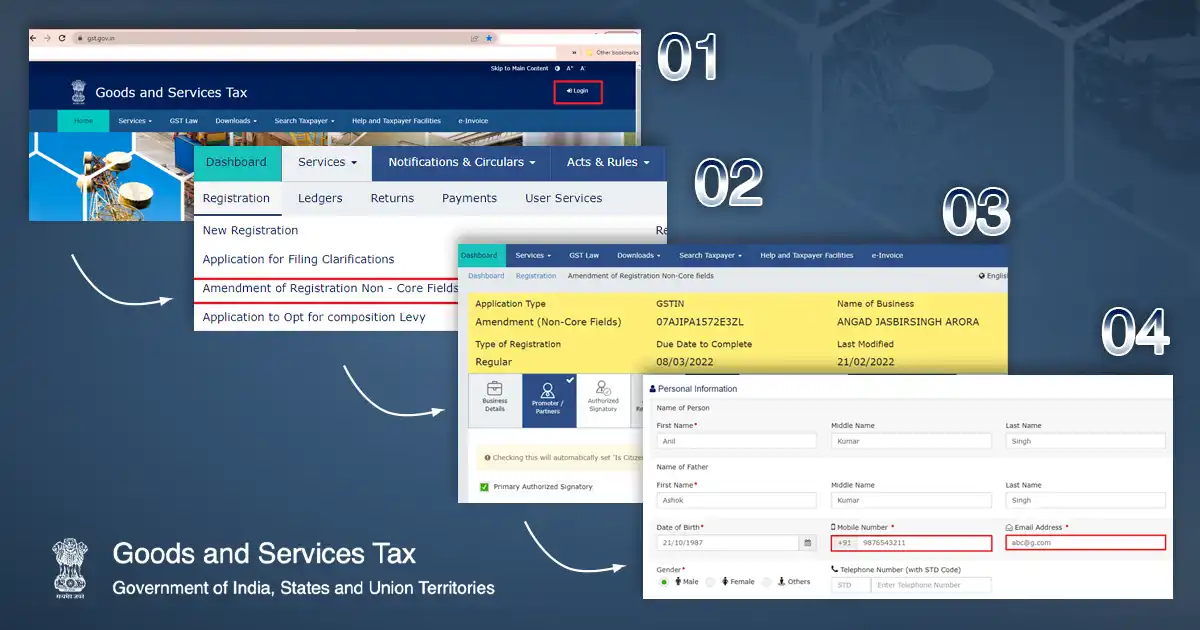Registering a company in Indonesia involves a clear, step-by-step process. Here’s a simplified breakdown:
Step 1: Choosing and Approving Your Company Name
Your company name must be approved by the Ministry of Law and Human Rights. It must meet the following conditions:
- Contain at least three distinct words
- Be written in Bahasa Indonesia
- Do not resemble existing registered company names
- Do not use restricted or offensive terms
- Include the legal suffix:
- “Perseroan Terbatas” or “PT” for PT and PT PMA
- No suffix needed for KPPA (as it's a representative office)
You must submit three proposed names for review. Once approved, this name will be used in all legal, tax, and OSS documentation.
Your selected business name and its related activities must indirectly align with the KBLI (Indonesia Standard Industrial Classification). The KBLI code helps define and classify the business scope under Indonesian law and is essential during OSS registration.
Step 2: Preparing the Deed of Establishment and Articles of Association with a Notary
You must engage a certified Indonesian notary to draft the Deed of Establishment. As part of this process, your company must also determine and include the appropriate KBLI (Indonesia Standard Classification of Business Fields) code, which defines the nature of your business activities and is required for OSS registration and licensing.
The Deed must include:
- Approved company name and line of business
- Selected KBLI code
- Shareholding structure (foreign and/or local)
- Paid-up capital and investment structure
- Details of directors and commissioners
Your company's operations are outlined in the Articles of Association, which function similarly to a company constitution. Both documents (Deed of Establishment and the Articles of Association) are prepared in Bahasa Indonesia.
Step 3: Securing Approval from the Ministry of Law and Human Rights
After the notary finalizes the Deed of Establishment and Articles of Association, these documents are submitted electronically to the Ministry of Law and Human Rights (Kementerian Hukum dan HAM).
Upon successful verification, the Ministry issues:
- An official Certificate of Incorporation, and
- The SK Kemenkumham (Ministerial Decree of Legalization)
This SK Kemenkumham serves as formal proof that your PT PMA is now a legally recognized entity in Indonesia. It is a mandatory document for proceeding with further registrations, including tax ID and OSS licensing.
Step 4: Obtaining Your Domicile Letter or Virtual Office Address
Every company in Indonesia must provide a registered business address.
You can either:
- Rent a physical office space
- Use a virtual office, particularly common for startups or early-stage companies
Then, apply for a Domicile Letter (Surat Keterangan Domisili) from the local municipality. This document is essential for further registrations.
Step 5: Registering for a Taxpayer Identification Number
After obtaining the Domicile Letter, your next step is to register the company with the local Tax Office to receive a Taxpayer Identification Number, known as NPWP (Nomor Pokok Wajib Pajak). This number functions similarly to an Indian PAN and is essential for tax filings, banking activities, and issuing invoices.
The application typically involves submitting key documents, including the Deed of Establishment, Domicile Letter, and the director’s tax identification (if available).
If the appointed director is a foreign national, they must possess a valid KITAS (Limited Stay Permit) to complete the NPWP issuance. In cases where the KITAS is still being processed, a temporary local director may be appointed to fulfill this requirement and prevent delays in the company registration timeline.
This step ensures your company is recognized by the Indonesian tax authority and can operate legally within the country.
Step 6: Obtaining Your Business Identification Number (NIB) via the OSS RBA System
The Online Single Submission (OSS) system is used to issue your official Indonesian company registration number, or NIB (Nomor Induk Berusaha).
NIB functions as:
- Company registration number
- Import identification number (if applicable)
- Business license and tax registration number
How to check the company registration number in Indonesia?
To verify the status of your Indonesian company, you can search for your NIB on the official OSS website using either the registered company name or the NIB number itself. The NIB is issued in a standardized alphanumeric format, which makes it easy to track, validate, and present to banks, clients, or government agencies. This transparency helps ensure your company’s legal standing in Indonesia at any given time.
Step 7: Fulfilling Your Minimum Investment and Paid-Up Capital Requirements
To register in Indonesia, Indian investors must comply with the minimum investment regulations outlined by the Ministry of Investment (formerly BKPM). The total required investment is:
- IDR 10 billion (approximately INR 55–60 lakh)
This total investment amount includes two key components:
- Minimum paid-up capital: IDR 2.5 billion (approx. INR 13–15 lakh) – This amount must be deposited into the company’s corporate bank account at the time of incorporation and is used to fund initial operations.
- Remaining investment commitment: IDR 7.5 billion – This balance is declared as a future investment commitment, which can be fulfilled progressively through operational spending, equipment, infrastructure, or working capital.
A capital statement letter confirming both the paid-up capital and total investment plan must be submitted through the OSS RBA system. This step is crucial to qualify for business licenses, work permits, and regulatory clearances.










